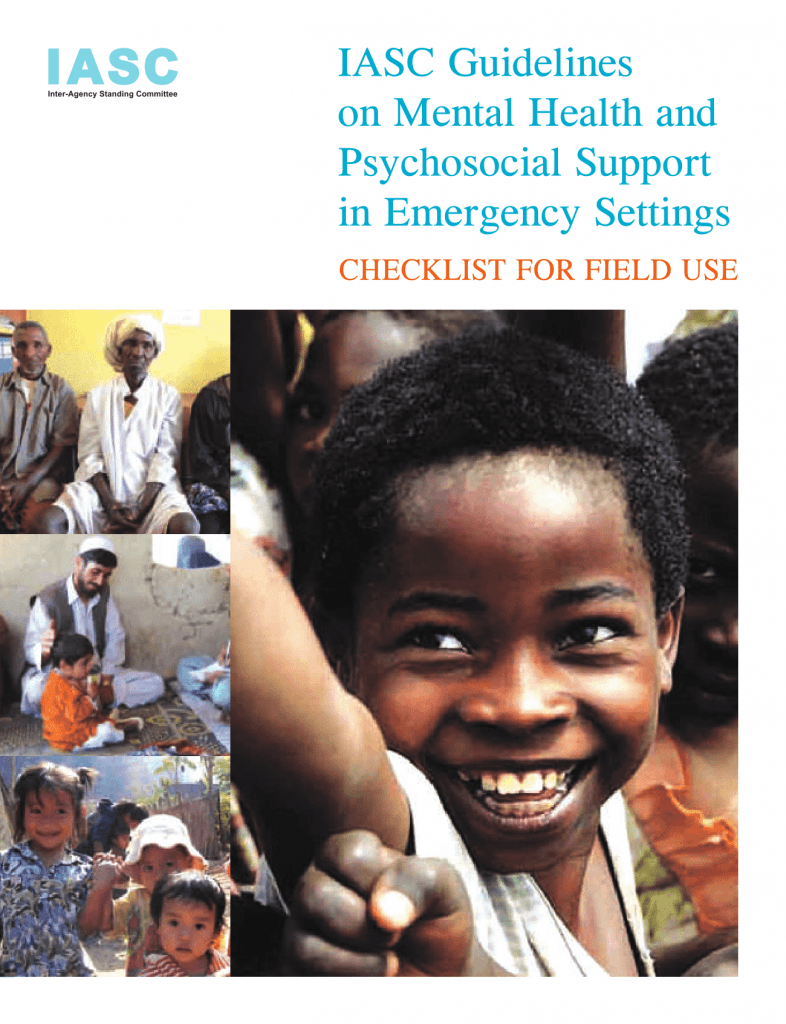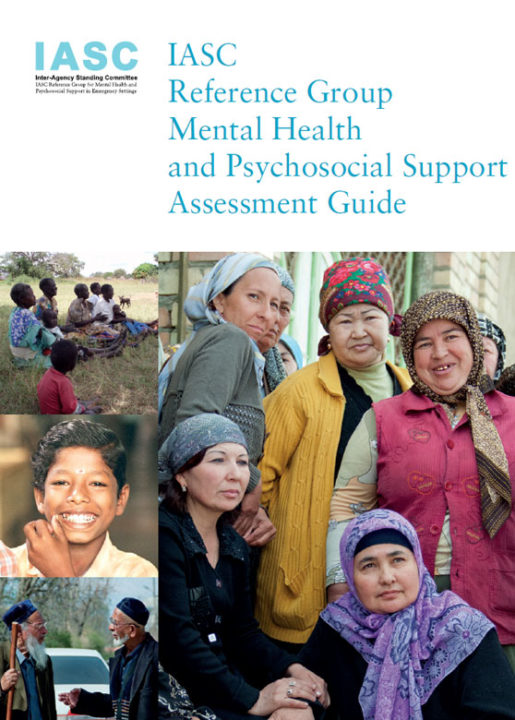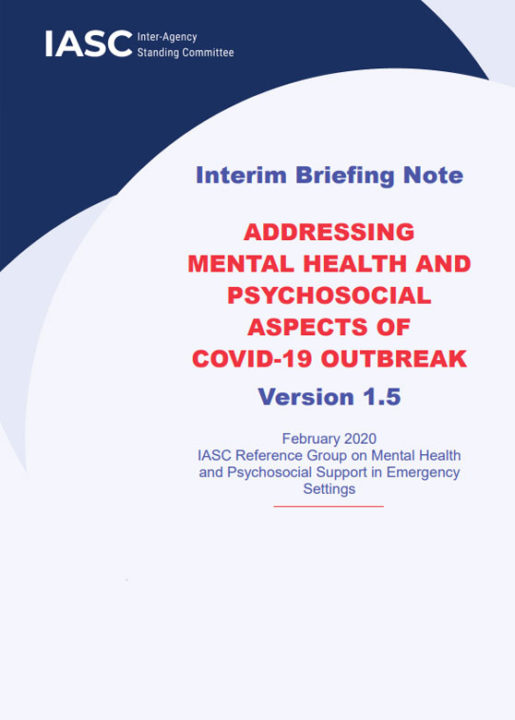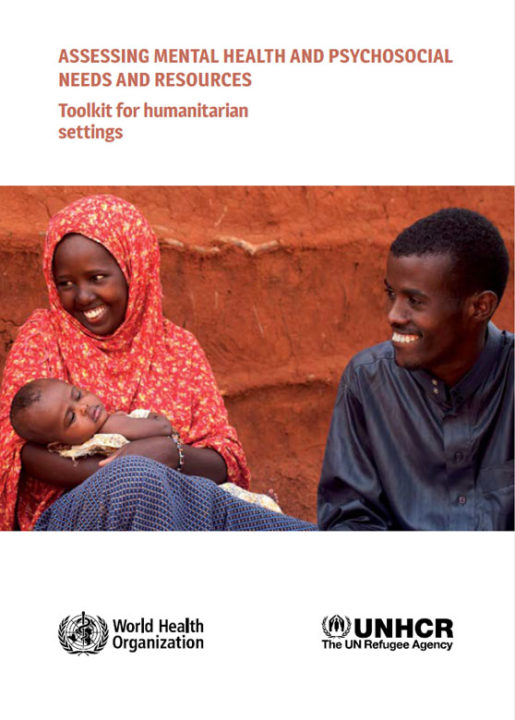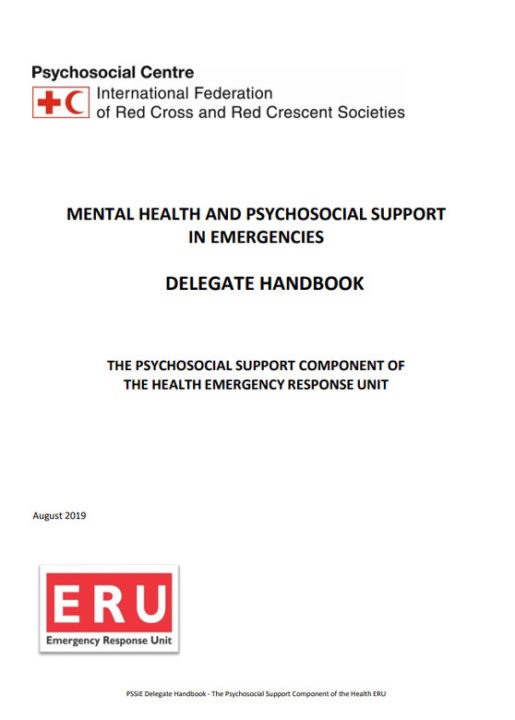The primary purpose of these guidelines is to enable humanitarian actors and communities to plan, establish and coordinate a set of minimum multi-sectoral responses to protect and improve people’s mental health and psychosocial well-being in the midst of an emergency. The focus of the guidelines is on implementing minimum responses, which are essential, high-priority responses that should be implemented as soon as possible in an emergency. Minimum responses are the first things that ought to be done; they are the essential first steps that lay the foundation for the more comprehensive efforts that may be needed (including during the stabilised phase and early reconstruction). Implementation of the guidelines requires extensive collaboration among various humanitarian actors: no single community or agency is expected to have the capacity to implement all necessary minimum responses in the midst of an emergency.
These guidelines are not intended solely for mental health and psychosocial workers. Numerous action sheets in the guidelines outline social supports relevant to the core humanitarian domains, such as protection, general health, education, water and sanitation, food security and nutrition, shelter, camp management. Mental health and psychosocial workers seldom work in these domains, but are encouraged to use this document to advocate with communities and colleagues from other disciplines to ensure that appropriate action is taken to address the social risk factors that affect mental health and psychosocial well-being. The clinical and specialised forms of psychological or psychiatric supports indicated in the guidelines should only be implemented under the leadership of mental health professionals.


